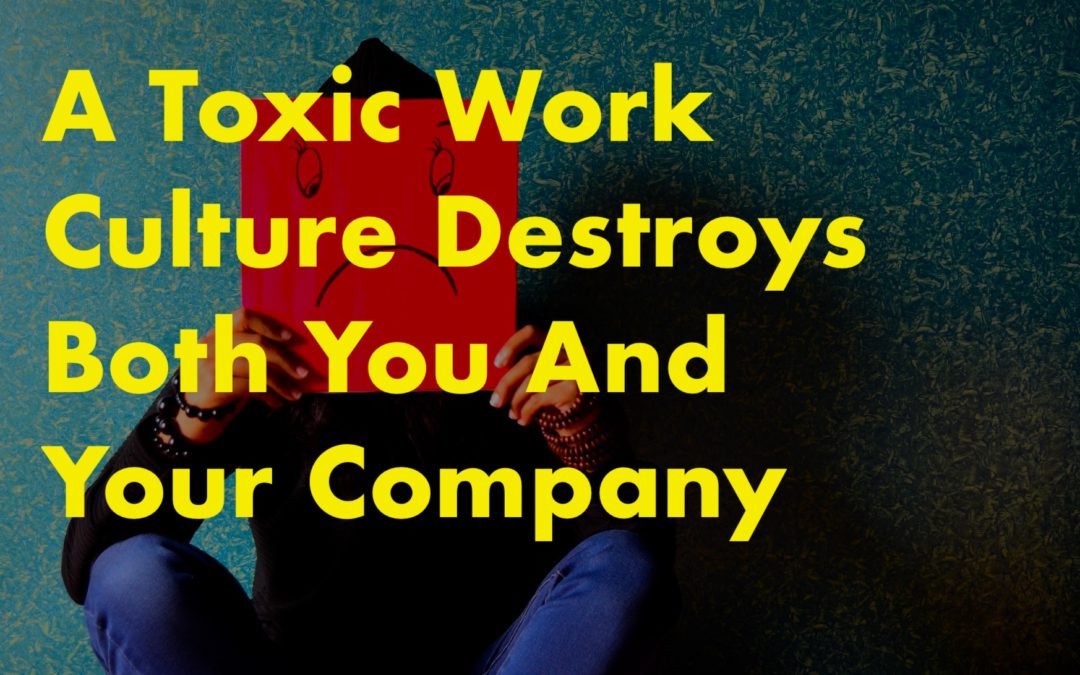Cultural conflicts in the workplace
Most times when I do speeches or workshops I ask the audience if they have ever been in cultural conflicts they could have avoided if they had been more cultural intelligent at that time. Mostly 90 – 100% answer yes to that question. Those of you who know me and Gugin know that I and my colleagues in Gugin have worked on resolving cultural conflicts all over the world for the past 16 years.
We very rarely get surprised when we analyse the situation in a company or organisation. We have seen most scenarios before – even the more extraordinary and bizarre ones. And I will say we have managed to develop some powerful tools to help these organisations.
Yet there is one simple “tool” that works better than anything else.
Mostly when we meet the client for the first time we are invited into a room like this.
 An anonymous meeting room with nice, usually expensive furniture in a very sleek and clean design.
An anonymous meeting room with nice, usually expensive furniture in a very sleek and clean design.
It is usually organised with a big (enormous sometimes) table in the middle with one seat at the end of the table where you can control all the gadgets, the curtains, the light. A great place to be if you want to show off.
For some purposes, this configuration is, of course, practical, but I don’t believe it is ideal for any situation.
And it is totally disastrous if you have a group of people who are in the middle of a conflict. Only if you are a lawyer representing one of the parties it makes sense with a configuration like this because it will keep the conflict alive forever.
That is because there are only things in there that separate people. The table creates a division and distance that underpins the psychological and emotional distance you had when you entered the room. The person who takes the seat with the gadget controls inevitably gets control of what is happening.
We were recently in a situation like this, where we decided to try something we have never tried before. We usually take them out of the meeting room and into a location where they are all equal. It can be a room without chairs and tables, or somewhere outside.
This situation was quite severe and it had been going on for a long time. It was a conflict between the sales department, the product development department and the owners (family-owned company) – a threesome. If two of them could have gone along they could have ended the conflict. But that was not the case.
We have the option of taking teams into the Borneo Rainforest on a survival trip in situations like this, but they were too many and we didn’t have time to organise it. But we could get them to Nice on the French Riviera, where Gugin has its headquarters. The company is in the food and beverage industry so despite all their differences they all had an interest in food.
This is what we did
They arrived late morning in Nice Airport (24 of them – all middle managers, executives and the family representatives) from 2 different locations in Europe. We have told them nothing about what was going to happen. We had a bus ready for them when arrived. When they were all on board the bus they got a glass of champagne (my favourite of course). We started the scenic tour up in the mountains, where we stopped at a restaurant for lunch. We had organised it with 3 tables of 8 and people could sit where they wanted. They distributed themselves across the 3 tables almost as we had anticipated. During the one hour lunch, they started to become quite talkative and less suspicious about what we were up to.
 After lunch, we got back
After lunch, we got back
Around sunset, we arrived at a boutique hotel in the mountains. The participants thought they were going to sit down and enjoy a meal. They were not. After we divided them into 3 random groups of 8 the head chef came and picked them up and took them to the kitchen. There they were presented with all the ingredients they would need to prepare that evening’s meal. Starter, Main course and Dessert.
A representative from each group had a meeting where they decided on who should do what. It went much faster than we anticipated.
They were all handed out the menu and the recipes. They started to plan as they couldn’t all be in the kitchen at the same time. Over time they became very talkative. Around 23:30 the dinner was ready.
It tasted awful – most of it, but they had a great time focusing on something that they all had a passion or at least an interest for. The transition was almost magical. The conflicts they had in the office seemed vanished. The original issues popped up once in a while during the preparation, during dinner and during the night. But the response was different. “We figure it out when we come back”, “Oh I never knew you saw it that way” and “I am sorry if I hurt you” were some of the phrases we heard over and over again when they brought up the work-related issues.
What can we learn?
Always focus on the commonalities, and do it so powerful that the people in the conflict – at least for some time – forget what they were fighting about. When they come back to reality the perspective is totally changed.
We met with this group 3 days after the food event in the mountains for a workshop where we should identify what we could do to reconcile the difference and move forward.
There was so much positive energy and the mindset of each individual had changed too. and by the way. Instead of inviting us into a meeting room, they had organised a picnic on the lawn in front in their headquarter. Pretty cool. I am proud of them!
Get the best 5 things you can do for your team here

Why Business Leaders shouldn’t run countries
business leaders shouldn’t run countries because very different skills are required. Trump shows how bad it can go -he was actually a lousy business leader too

The Millennials change the Cultural Patterns
The millennials are disrupting the cultural patterns all over the world. Learn how you make your organisation attractive to them

Corporate culture integration – how Gugin facilitates it successfully?
culture integration after a merger or acquisition is crucial for the success. Unfortunately 2/3 of all M&A’s fail to do that. Gugin can help you succeed

family-owned companies – The curse of the next generation
Family-owned companies have unique cultures. Generation changes are complex because of the cultural clashes. Gugin help overcoming them and create synergies

Are you in a toxic Work Culture? – Blow the whistle
A toxic Work Culture has to be fixed for the sake of both the employees, customers and owners. Gugin can help you getting your company back on track